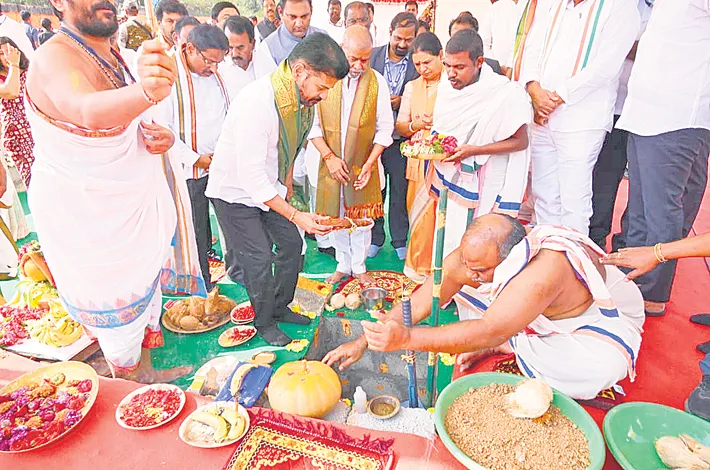Unfolding the inheritance chaos
11-11-2025 12:00:00 AM

In a stark reminder of India’s inheritance planning crisis, an estimated Rs 80,000 crore in unclaimed assets sits idle in the Investor Education and Protection Fund (IEPF), banks, and other institutions, largely because deceased individuals left behind no will or nomination. Legal and financial experts highlighted how the absence of basic estate planning forces grieving families into a bureaucratic nightmare, often leaving them unaware of what their loved ones even owned. They painted a grim picture of the inheritance process without a will.
An expert in property law mentioned that In India, there is no uniform civil code and succession laws vary by religion—Hindu, Muslim (Sunni or Shia), Christian, or Parsi—and even within communities. She gave an instance where a Hindu man’s mother is a Class I heir, but the same doesn’t apply to a Hindu woman. Interfaith marriages under the Special Marriage Act further complicate matters, potentially disqualifying expected heirs. Another problem, she pointed out was that India lacks a central asset registry. She recalled that in many instances legal heirs don’t even know what assets and liabilities the deceased left behind.
Financial experts stated that once heirs are identified and assets located, the real struggle begins. “There is no single-window clearance,” they stressed informing that each asset type demands a different procedure. For bank accounts, the RBI’s September 2025 guidelines (effective by March 31, 2026) allow simplified claims below a threshold; above it, a succession or legal heirship certificate is mandatory. For Demat and mutual funds, A succession certificate is usually required in case there is no nomination. For Cooperative society flats (e.g., in Mumbai), societies may demand a family arrangement document and indemnity bond, following various amended Cooperative Societies Acts.
Physical assets like land or gold don’t even allow nominations, adding another layer of complexity.Another lawyer who shared real-world experiences from the COVID-19 period, when many clients lost earning members. He recalled that families reached out because they had no idea what assets existed. He said that his firm helped verify credentials, share advisory records, and guide heirs on approaching regulators.
However, one issue was commonly agreed upon: a will is essential, but not foolproof. Experts warn that wills can be contested for decades. Common grounds include lack of mental capacity, undue influence, fraud, or forgery. Naming an executor is highly recommended. A competent person capable of managing the assets and implementing the will, a senior corporate opined . Ideal traits: trustworthy, younger than the one who made the will, local, and resilient to potential challenges. Multiple or backup implementers (a “waterfall” structure) prevent derailment if one steps down.
A senior businessman emphasized proactive communication. He suggested involving spouses in financial discussions, even if non-working. With adult children, gradually transition them into knowing the asset portfolio, he advocated. He also suggested recording a family arrangement meeting where everyone agrees on distribution. Noting that children may prefer certain assets; he also suggesting document their consent.
Transferring assets during lifetime was debated. Gifting real estate to children is possible, especially in states like Uttar Pradesh with stamp duty concessions for relatives. But property law experts warned: “If it’s your family home, include a clause allowing revocation if you’re not maintained.” They suggested senior citizens to approach maintenance tribunals to reclaim gifted property.Trusts are viable for high-net-worth individuals but costly to maintain and attract stamp duty on physical assets. They advised against them for average families.
Another taxation expert flagged Hindu Undivided Families (HUFs) as a “tax planning relic turned liability.” With no codified law—only judicial precedents—questions like “Is a wife a coparcener?” or “Does she get a share in partition?” remain contentious. “If you don’t need the HUF, partition and close it,” she urged.
Advices to minimize risks:
Be unambiguous in bequests (e.g., specify exact jewelry or property terms).
Explain unequal divisions in the will itself (e.g., “I’ve already provided for my married daughter at her wedding”).
Get a same-day medical certificate proving sound mind.
Video-record the will signing, with the testator reading aloud and witnesses present.
Register the will, especially if real estate is involved or challenges are anticipated.
Destroy prior wills to avoid confusion.








